|
| |
|
|
|
|
| 1 |
 |
832 R 1631 C The Philosophical Debate on Human Selfishness
At a party, you find yourself in a moral dilemma, with famous philosophers offering different perspectives. John Stuart Mill advocates for maximizing happiness, while Aristotle emphasizes virtues like generosity. Thomas Hobbes, however, argues that humans are inherently selfish, suggesting that we a...
|
|
VOCA
READING
BLOCK
ORDER
더빙연습 |
|
| 2 |
 |
1541 R 2032 C The Banality of Evil and the Importance of Critica...
In April 1961, Adolf Eichmann, a Nazi official responsible for organizing the transport of over 1.5 million Jews to concentration camps, stood trial in Jerusalem. Many expected to see an evil mastermind, but instead, Eichmann appeared as an ordinary, bureaucratic man. This contrast led philosopher H...
|
|
VOCA
READING
BLOCK
ORDER
더빙연습 |
|
| 3 |
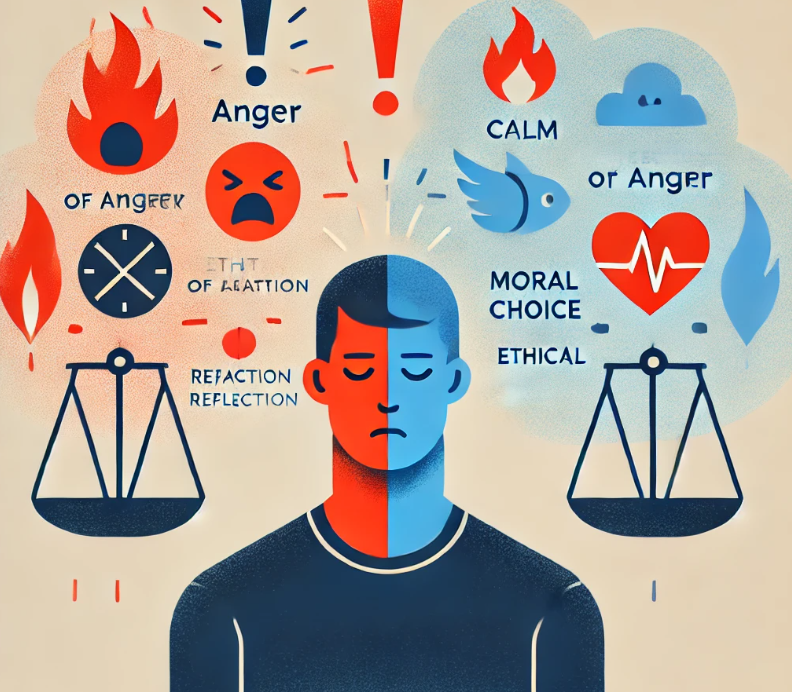 |
1539 R 2029 C The Ethics of Anger: When Is It Morally Right to B...
Anger is a complex emotion, sometimes feeling justified and other times impulsive. The question of whether anger is ever morally right is explored by different philosophers. Aristotle, for example, believed in a balanced approach called the “doctrine of the mean,” where one must develop practica...
|
|
VOCA
READING
BLOCK
ORDER
더빙연습 |
|
| 4 |
 |
1087 R 1124 C The Power of the Socratic Method
Socrates, a key figure in Western philosophy, was put on trial in Athens for allegedly corrupting the youth and disrespecting the gods. However, his true influence lay in his method of questioning, rather than claiming to know everything. Socrates often engaged in long discussions where he asked pro...
|
|
VOCA
READING
BLOCK
ORDER
더빙연습 |
|
| 5 |
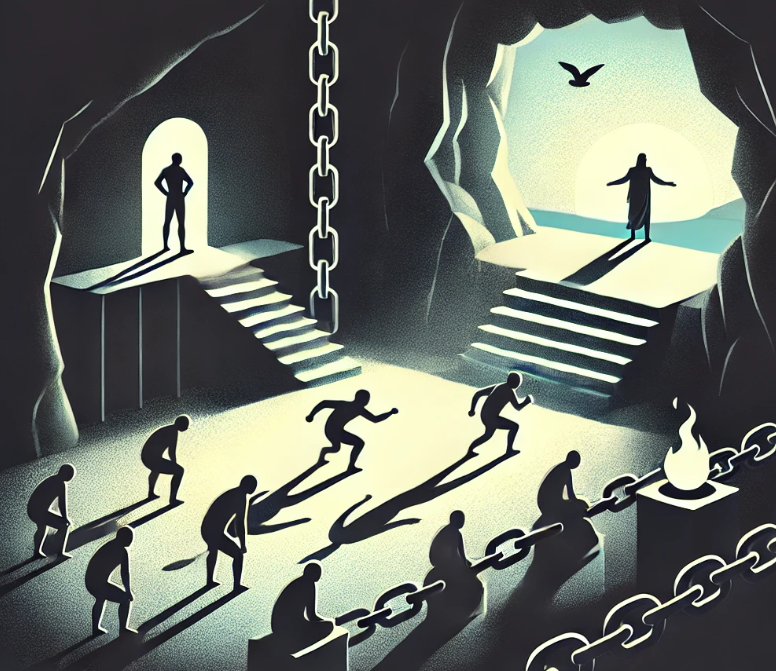 |
1326 R 1603 C The Allegory of the Cave: A Reflection on Reality ...
Plato's Allegory of the Cave, found in "The Republic," uses a vivid metaphor to explore deep philosophical questions. The allegory describes prisoners who have been chained in a cave since birth, forced to watch shadows on a wall, believing these shadows are the only reality. When one prisoner is fr...
|
|
VOCA
READING
BLOCK
ORDER
더빙연습 |
|
| 6 |
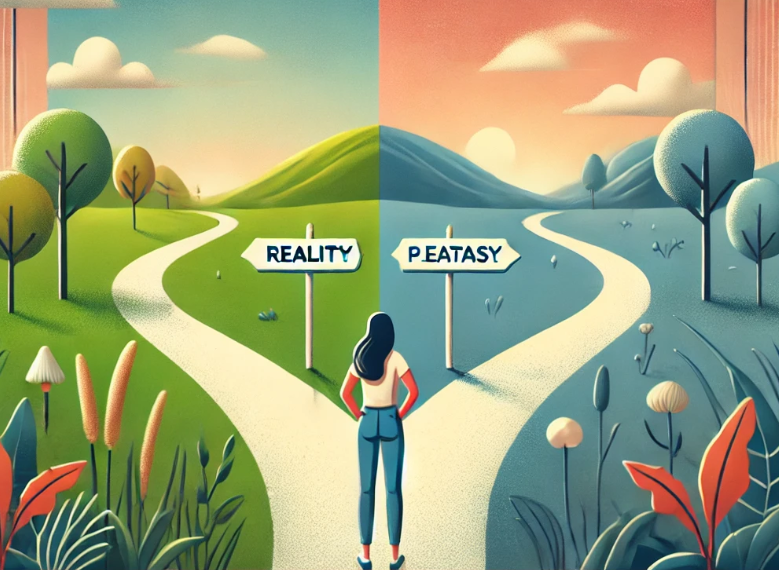 |
1427 R 1805 C Choosing Reality Over Perfect Pleasure
Imagine a machine that could give you ultimate pleasure for the rest of your life, simulating reality so perfectly that you'd never know the difference. Philosopher Robert Nozick introduced this idea through his thought experiment called the Experience Machine. The machine guarantees a life filled o...
|
|
VOCA
READING
BLOCK
ORDER
더빙연습 |
|
| 7 |
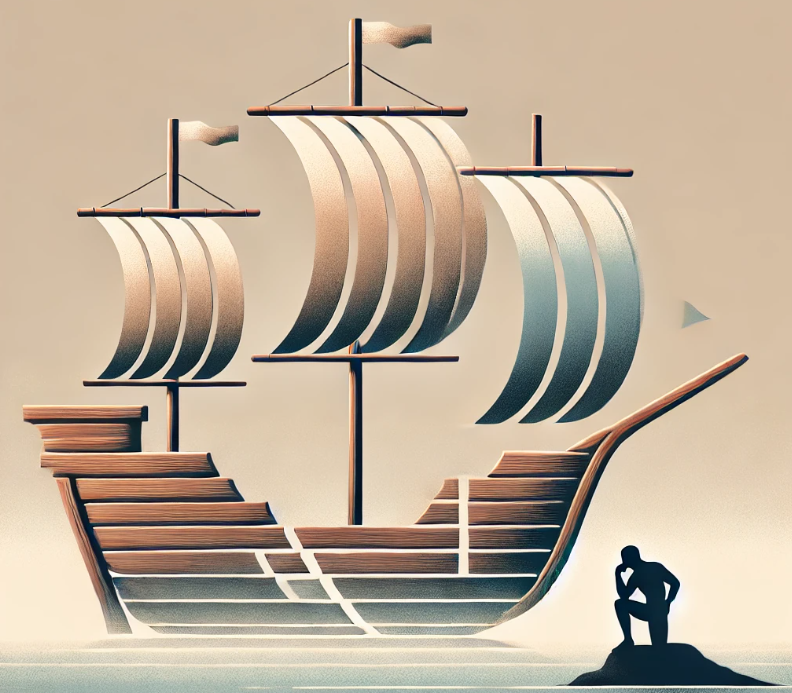 |
1156 R 1262 C Exploring the Ship of Theseus
Throughout history, the question “Who am I?” has captivated countless minds, from ancient Greek philosophers to modern musicians. Despite their efforts, no final consensus has emerged. One reason is the intricate nature of identity: which “you” is authentic—the present one, the past yo...
|
|
VOCA
READING
BLOCK
ORDER
더빙연습 |
|
| 8 |
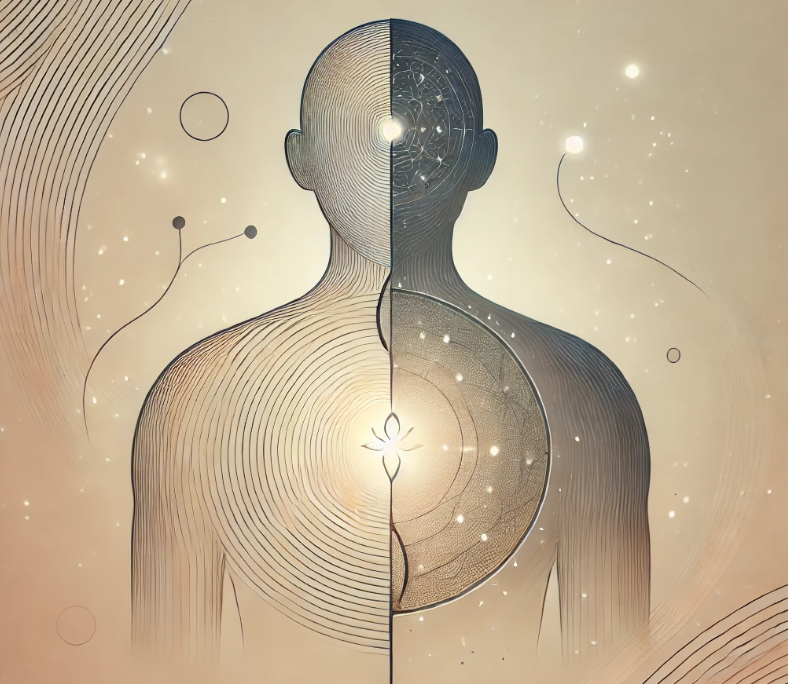 |
1527 R 2005 C Relationship Between Self and Consciousness
The rubber hand illusion is a psychological experiment revealing how easily our sense of body ownership can be manipulated. In this setup, your real hand is hidden while a lifelike rubber hand is placed before you. Both the hidden real hand and the visible rubber hand are stroked simultaneously. Bef...
|
|
VOCA
READING
BLOCK
ORDER
더빙연습 |
|
| 9 |
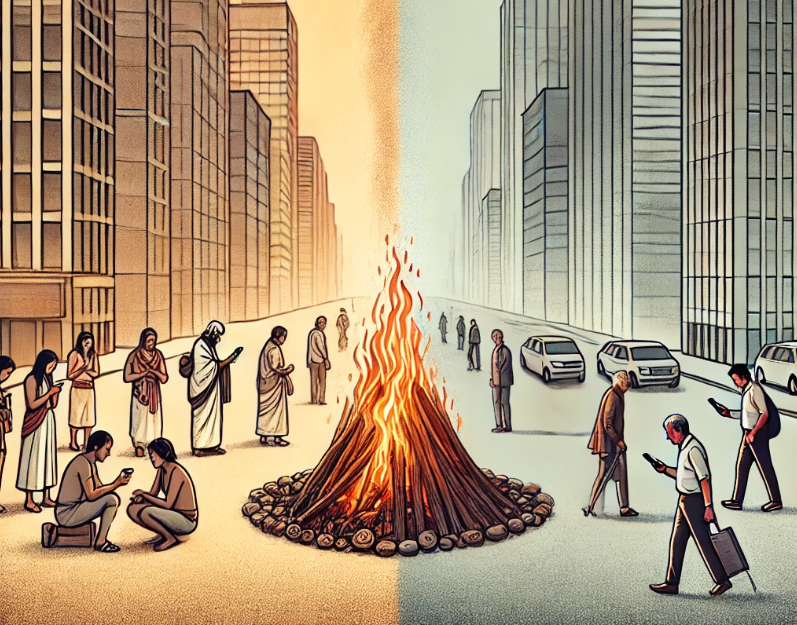 |
948 R 847 C The Decline of Rituals in Modern Societies
Modern societies have largely abandoned rituals, unlike traditional societies that were rich with them. Rituals, often linked to spiritual or psychological events, brought people together and helped them grow, transition, and reconnect with important ideas. Historically, rituals like Saturnalia, Yom...
|
|
VOCA
READING
BLOCK
ORDER
더빙연습 |
|
| 10 |
 |
1081 R 1112 C The Modern Crisis of Loneliness
As society has modernized, communal activities like shared meals have diminished, leading to increased loneliness. Historically, solitude was not seen as negative. Figures like Saint Anthony and monastic traditions valued solitary piety, but this changed with the Reformation and Romanticism. The Rom...
|
|
VOCA
READING
BLOCK
ORDER
더빙연습 |
|
| 11 |
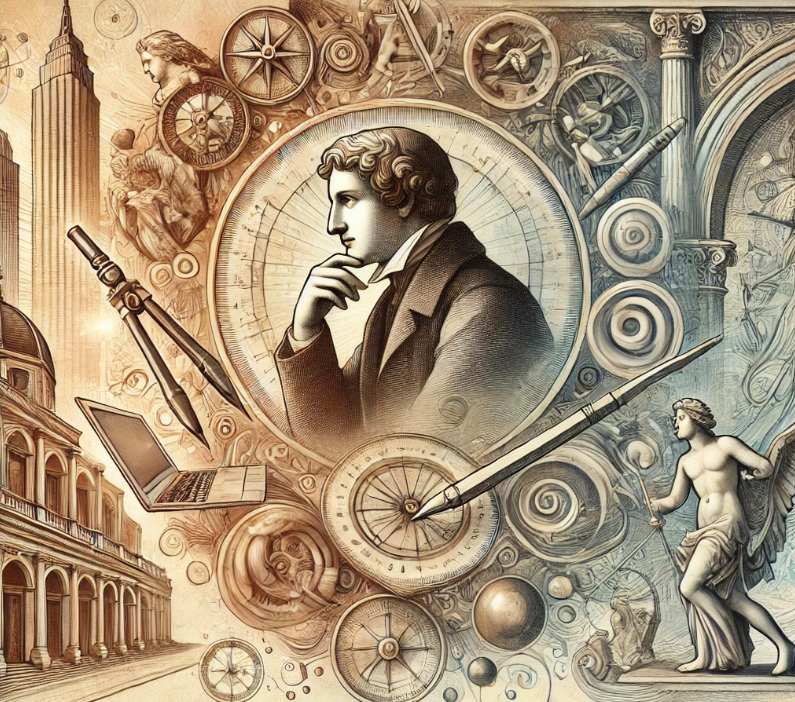 |
1331 R 1613 C Renaissance Insights for Modern Society
The Renaissance, a significant period in European history, is celebrated for its cultural and intellectual achievements. This era saw a revival of ancient Greek and Roman ideals by architects, poets, and philosophers. Although studying the Renaissance might seem like a distant academic exercise, it ...
|
|
VOCA
READING
BLOCK
ORDER
더빙연습 |
|
| 12 |
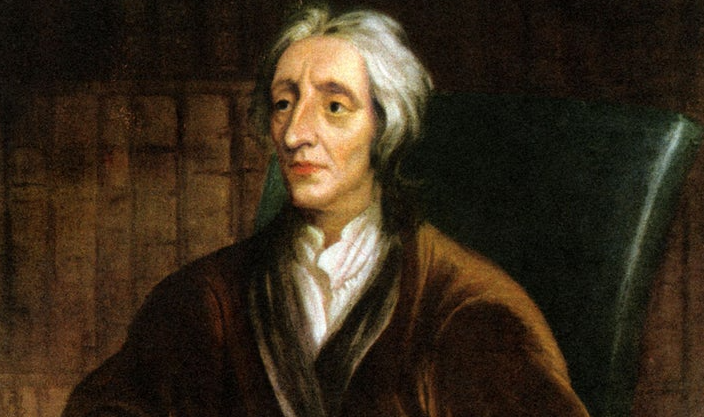 |
1189 R 1329 C John Locke: Pioneer of Religious Tolerance and Dem...
John Locke, a 17th-century English philosopher, made significant contributions to three enduring issues: education, governance, and religious tolerance. Born in 1632 in Somerset, Locke was deeply influenced by the English Civil War and later studied medicine at Oxford. His life took a pivotal turn w...
|
|
VOCA
READING
BLOCK
ORDER
더빙연습 |
|
| 13 |
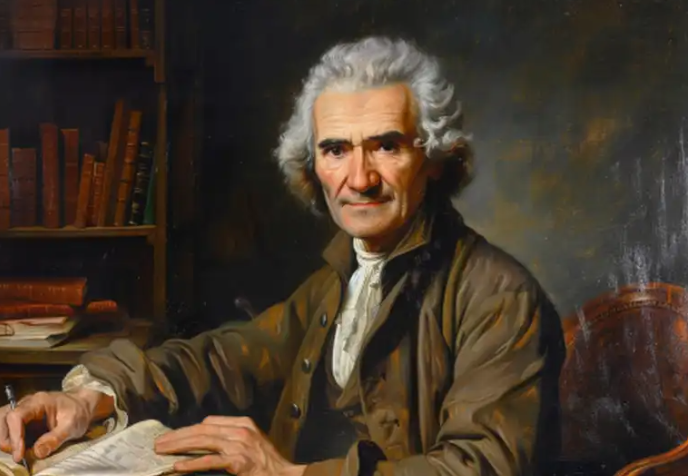 |
1462 R 1875 C Jean-Jacques Rousseau: Critic of Civilization and ...
Modern society is captivated by the idea of progress, but the 18th-century philosopher Jean-Jacques Rousseau offered a critical perspective that remains relevant today. Born in 1712 in Geneva, Rousseau's life was marked by instability and exposure to the luxuries of Paris. In 1749, he had an epiphan...
|
|
VOCA
READING
BLOCK
ORDER
더빙연습 |
|
| 14 |
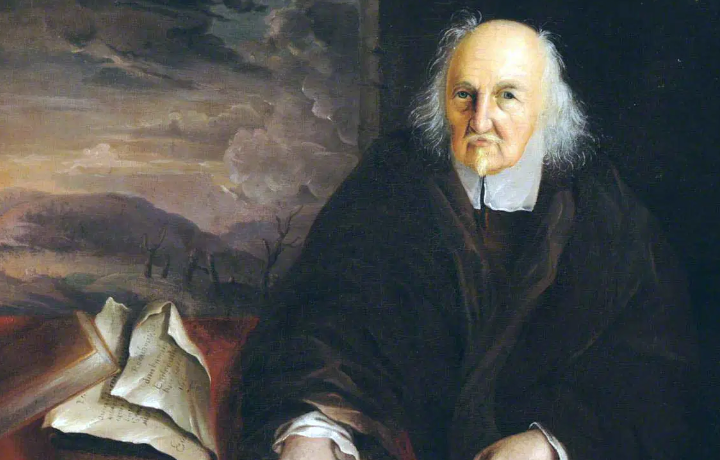 |
1420 R 1790 C Thomas Hobbes: Advocate of Order Over Revolution
Thomas Hobbes, a 17th-century English philosopher, is known for his influential work on the role of government and the extent to which people should obey rulers, especially those who are not effective. His ideas were shaped by the English Civil War, a traumatic conflict that deeply influenced his th...
|
|
VOCA
READING
BLOCK
ORDER
더빙연습 |
|
| 15 |
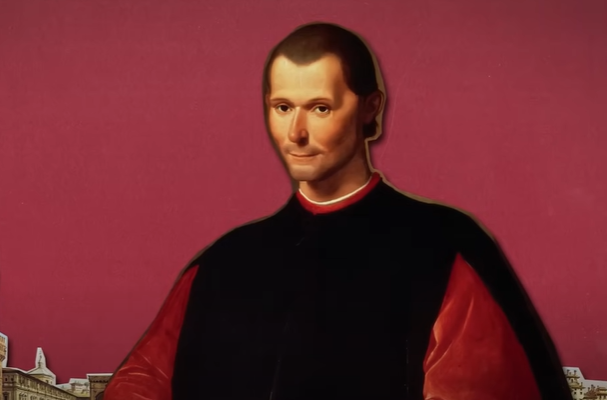 |
1458 R 1866 C Balancing Effectiveness and Morality
Many people are shocked by the dishonesty of politicians, but Niccolò Machiavelli, a 15th-century political theorist, argued that this behavior is not inherently bad. According to Machiavelli, a good politician is not necessarily kind or honest, but someone who can protect and strengthen the st...
|
|
VOCA
READING
BLOCK
ORDER
더빙연습 |
|
| 16 |
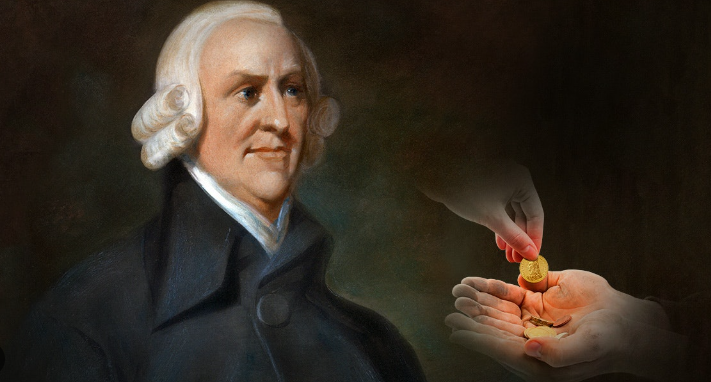 |
1368 R 1687 C Adam Smith’s Vision for a Humane Capitalism
Adam Smith offers insights into making capitalism more humane and meaningful. Born in 1723 in Scotland, Smith was a philosopher and economist who sought to understand the money system to improve the happiness of nations and individuals. He identified the problem of modern economies: while they gener...
|
|
VOCA
READING
BLOCK
ORDER
더빙연습 |
|
| 17 |
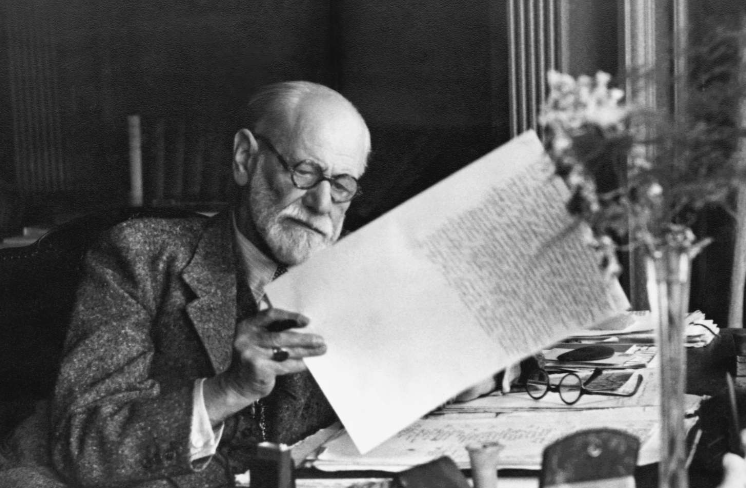 |
1250 R 1451 C Sigmund Freud: Understanding Our Complicated Minds...
Sigmund Freud, born in 1856, was a thinker who helped us understand why life and relationships are often confusing and painful. He had a difficult life but became famous for creating psychoanalysis, a method of exploring the mind. Freud believed that we are driven by the "Pleasure Principle," which ...
|
|
VOCA
READING
BLOCK
ORDER
더빙연습 |
|
| 18 |
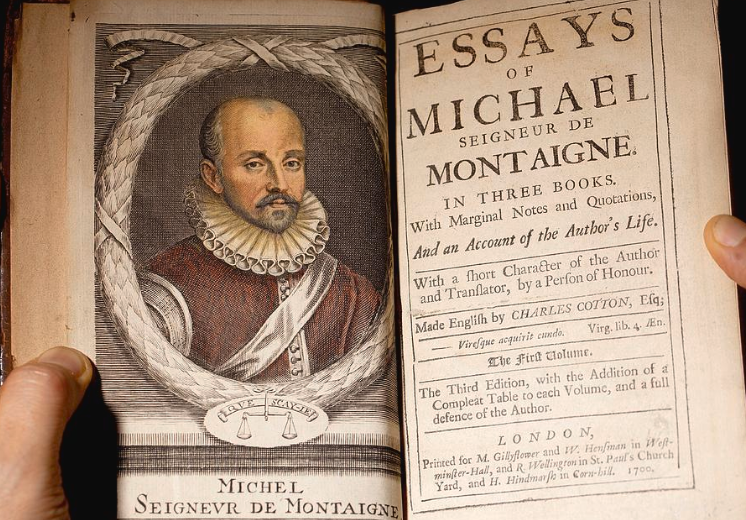 |
1366 R 1683 C The Philosopher Who Embraced Imperfection
Michel de Montaigne, born in France in 1533, was a philosopher who had a unique and humble view on life. Unlike many intellectuals, he did not believe in the superiority of reason or intelligence. In his famous book Essays, Montaigne often made fun of the arrogance of scholars and showed that even s...
|
|
VOCA
READING
BLOCK
ORDER
더빙연습 |
|
| 19 |
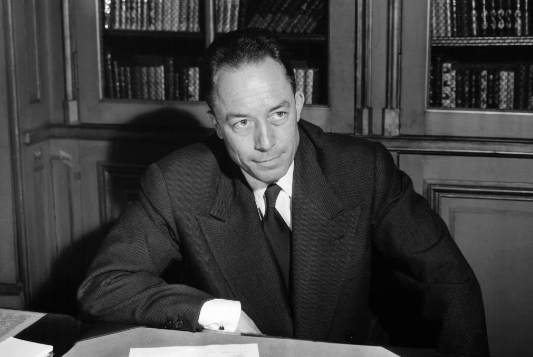 |
1184 R 1319 C Albert Camus: Finding Meaning in an Absurd World
Albert Camus, a French-Algerian philosopher, was deeply affected by the violence and suffering he witnessed throughout his life, leading him to question the meaning of existence. Unlike existentialists, who believed individuals create their own meaning, Camus argued that human nature drives us to se...
|
|
VOCA
READING
BLOCK
ORDER
더빙연습 |
|
| 20 |
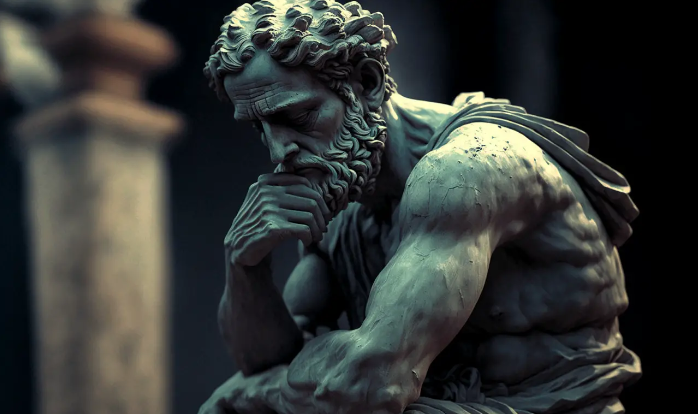 |
1266 R 1483 C Stoicism: A Philosophy of Virtue and Resilience
Zeno of Cyprus, once a wealthy merchant, lost everything in a shipwreck around 300 BCE and found himself in Athens. Inspired by the teachings of Socrates, he studied philosophy and eventually founded Stoicism. This philosophy, named after the Stoa Poikile where Zeno taught, emphasizes virtue, tolera...
|
|
VOCA
READING
BLOCK
ORDER
더빙연습 |
|
| 21 |
 |
1295 R 1540 C The Philosophy of Love: Exploring Its Purpose and ...
Romantic love is a complex and multifaceted emotion, often described as both beautiful and painful. The purpose and nature of love have puzzled philosophers throughout history, leading to various intriguing theories.
Plato, in his work *Symposium*, suggested that love is the search for completene...
|
|
VOCA
READING
BLOCK
ORDER
더빙연습 |
|
| 22 |
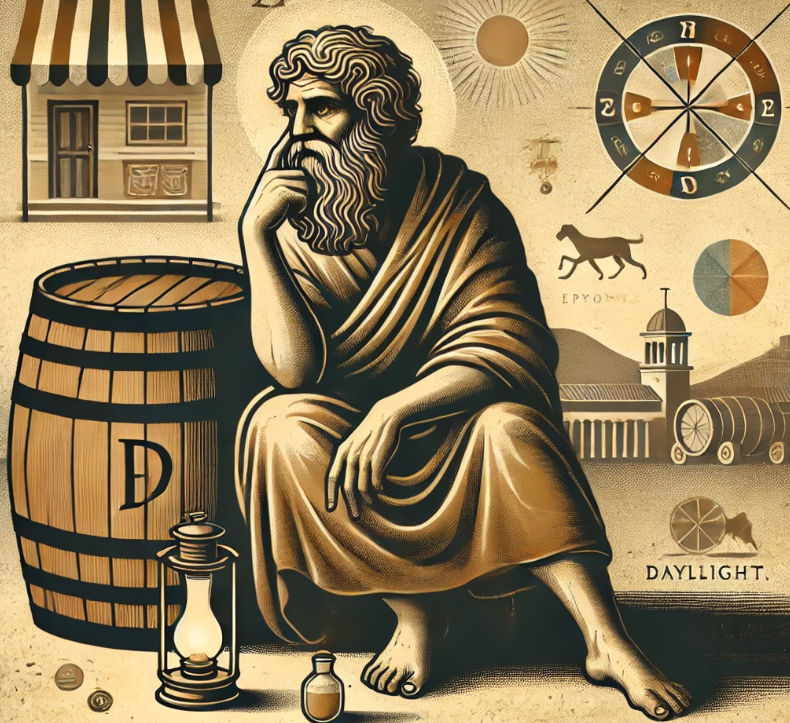 |
1415 R 1780 C The Legacy of Diogenes
In the 4th century BC, Diogenes of Sinope, a banker’s son, faced scandal for counterfeiting coins, leading to his exile and loss of all possessions. During his exile, Diogenes developed a philosophy centered on rejecting societal norms and living a simple, self-sufficient life, free from materiali...
|
|
VOCA
READING
BLOCK
ORDER
더빙연습 |
|
| 23 |
 |
953 R 856 C How Do You Know You Exist?
How do you know you're real? This simple question becomes complex when you try to answer it. Philosopher René Descartes tackled this in his work "Meditations on First Philosophy," questioning everything he knew. Most of our knowledge comes from sensory perceptions, like seeing and hearing, but ...
|
|
VOCA
READING
BLOCK
ORDER
더빙연습 |
|
| 24 |
 |
1345 R 1640 C The Dangers of Cults: Understanding Their Tactics ...
Reverend Jim Jones founded the Peoples Temple in 1955, which initially attracted many followers but ended tragically in 1978 when 909 people died in Jonestown, Guyana, after being forced to drink poisoned Flavor Aid. This event has since become a symbol of cult-like thinking. Today, many cults exist...
|
|
VOCA
READING
BLOCK
ORDER
더빙연습 |
|
| 25 |
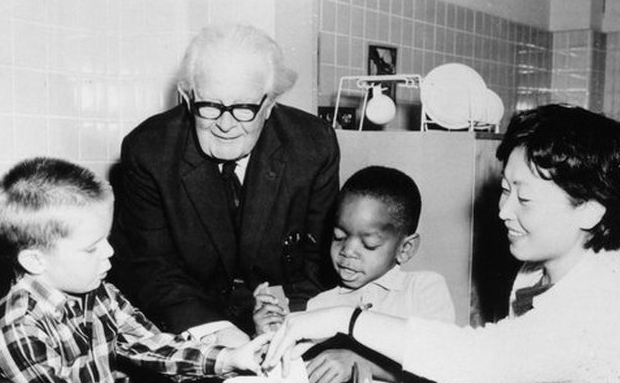 |
1119 R 1188 C The Enduring Attachment to Our Possessions
Humans form a strong attachment to their possessions from an early age, a concept known as the "endowment effect," where we value items more simply because we own them. Jean Piaget first observed this in babies who reacted strongly when deprived of their belongings. Experiments confirm that once peo...
|
|
VOCA
READING
BLOCK
ORDER
더빙연습 |
|